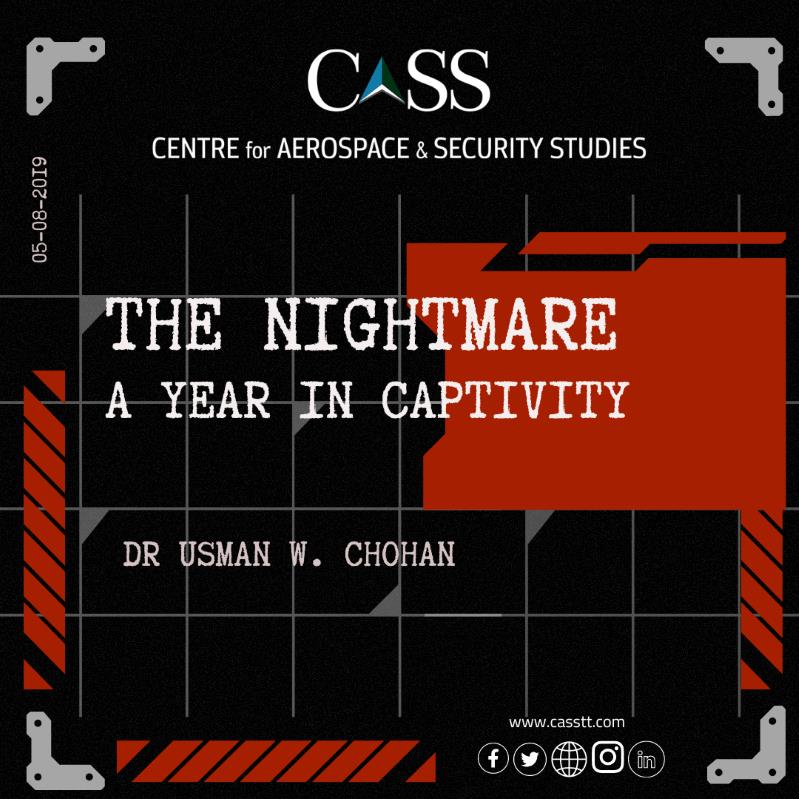It was precisely one year ago, on 5th August 2019, that the long-standing nightmare in Kashmir began to unfurl as never before. The people of Kashmir, held down by brutality for generations, were told that the charade of a sham covenant they held with the occupation force from Delhi would be terminated. Articles 370 and 35A were to be revoked, and the “special status” that Indian-occupied Kashmir (IOK) held within the tyrannizing Indian “Union” would be abolished.
The venal Indian Home Minister Amit Shah, who today grapples with the sickness of COVID-19, back then told the Indian parliament plagued with fanatics that the president had signed a decree stripping Kashmir of its minimal autonomy. The thin veneer of accommodation that New Delhi’s ideologues had professed with puppet collaborators in Srinagar was torn up.
Those servile collaborators, the petty vassals of Delhi, were all thrown into house arrest. But unfortunately, so was the entirety of the Vale of Kashmir. The indefinite lockdown imposed on the Kashmiri people in August 2019 has continued to this day. Kashmir’s brethren, the people of Pakistan, recognise this ignominious anniversary as the Youm-e-Istehsal (the Day of Enslavement).
Despite the unceasing appeals of the Kashmiri people and their Pakistani brethren, the world has largely turned a blind eye to what is now a full year in collective captivity. This is quite puzzling because, as the coronavirus pandemic has taught quite literally billions of people in 2020, the confinement of lockdowns is excruciating and degenerating to the human spirit.
One would think that, since billions have been put into lockdowns in 2020, there would be far more empathy for people whose lockdown has been twice or thrice as long. Yet the parallel itself is tenuous, because the shackling of the Kashmiri people is a much greater nightmare in its seething intensity than anything the world has experienced this year.
For one, the captivity of Kashmir is not imposed by a concerned public health official, but by a hostile foreign power itching to see an indigenous population either jailed or exterminated. Certainly, that is the appetite of the Bharatiya Janata Party (BJP), which gains electoral points out of such untold misery. For another, the Kashmiri Wpeople are in a state of total blackout, with no internet connection for a year. I shudder to imagine how white liberals would manage their lockdowns in the United States without an internet connection!
In earlier times, one would expect countries that take leadership positions in world affairs, such as the United States, to at least raise a mild concern over a bubbling, encaged genocide. The United States has in fact openly invaded other countries (Iraq, Libya, and others) for much less. But the United States is currently busy invading itself, as the Portland riots have shown.
Furthermore, the contemporary United States and India find parallels in their sadism for jailing indigenous minorities. The Kashmiri people have been driven to harrowing madness in their captivity, with reports of suicides trickling through despite an information blackout. A lockdown for an entire year, unlike the three to four months in much of the world for quarantine purposes, offers a fine wedge upon which to break the human spirit.
This is the guilt of the fascists that run New Delhi today. Instead of mobilising for a macroeconomic crisis or at the very least a public health crisis, the BJP has mobilised for a quiet genocide of a defenceless people. Its economy is in utter shambles with rampant unemployment and falling investment, and its coronavirus cases put it among the worst three countries on earth.
Yet their rabid ideologues draw public attention towards war-crimes, which have been met with swift retorts (pun intended) from Pakistan and China. But so long as the world conscience fails to empathise with the world’s longest lockdown still underway, and that too in complete total blackout by a foreign occupation force under the threat of total violence, the BJP may yet continue to deceive the Indian public and the world at large.
With this nightmare a year old now, it is scarcely a microbial pathogen that poses a threat to international peace, but rather the venal fascism that leaves blood-thirsty leaders frothing at the mouth for ever greater covert and overt violence against the powerless. This is why the Youm-e-Istehsal is a date for collective reflection, for the children of the Subcontinent will judge this period harshly, as one of nature’s wrath coupled with the wrath of men.
And the nightmare may yet not abate.
–The writer is the Director for Economics and National Affairs at the Centre for Aerospace and Security Studies (CASS). This article was first published in The Nation newspaper. He can be reached at cass.thinkers@casstt.com




